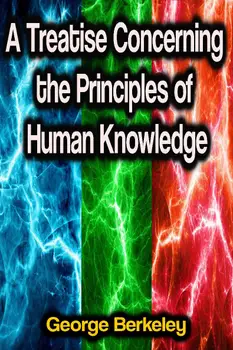A Treatise Concerning the Principles of Human Knowledge George Berkeley - With the publication of A Treatise Concerning the Principles of Human Knowledge (hereinafter referred to as A Treatise), George Berkeley took the then astounding claim that the material world that we think is real, tangible, and visual was nothing of the sort. The vast majority of all human beings took the understandable position that what they could see, hear, touch, smell, and taste was so obviously undeniable that no sane person could think otherwise. George Berkeley, however, thought otherwise. His position was later adopted in the twentieth century by Edmund Husserl, who furthered Berkeleys claim that an immaterial world existed on a plane beyond our own.Prior to Berkeleys novel view that the real world did not exist, it was the nearly universal acceptance of the thesis of his immediate predecessor, John Locke, that the entire universe was like a jigsaw puzzle of interlocking parts of matter composed of qualities inherent in all physical matterlength, breadth, width, weight, color, etc.that Locke called primary and those qualities that existed only in the minds of perceiving human beingscolor, taste, smell, etc.) that he termed secondary. Berkeley took the position that Lockes take on the universe was foolish, absurd, and full of what he saw as self-evident contradictions. If all that a believer of Locke was limited to were his own personal observations emanating from his physical senses, then how could he know anything of the external world when Locke even granted that ones belief in secondary qualities was provisional at best and unreliable at worst.Then there was Berkeleys contentious claim that those who believed in materialists like John Locke must inevitably doubt the existence of God. Berkeley insisted that if human beings could be wrong about the reality of objects in the external world due to the variability of the all too human tendency to be misled by the ever changing interpretations caused by secondary qualities, then it followed that universal skepticism could not be avoided. And skepticism of the natural world must lead to skepticism of the very belief in God. Berkeleys claim was that if the material world did not exist, then it was only ones ideas about the world that could give form and substance to this world. And an all-powerful and ubiquitous God was needed to do this. With Locke, God was only seen as the Original Watchmaker, who set the world in motion, and once having done so, departed the scene, leaving God as an absentee landlord who may or may not have any further need to intervene in human affairs. Berkeley was aghast at this possibility of Locke that excluded God from contact with human beings. Under his own theological interpretation, God was a vital component of the entirety of human existence. Thus, George Berkeley came to be seen as a visionary whose theories on immaterialism influenced later generations of philosophers.
A Treatise Concerning the Principles of Human Knowledge
Starten Sie noch heute mit diesem Buch für € 0
- Hol dir während der Testphase vollen Zugriff auf alle Bücher in der App
- Keine Verpflichtungen, jederzeit kündbar
Autor*in:
Sprache:
Englisch
Format:
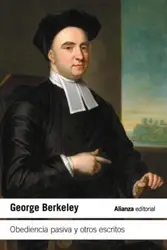
Obediencia pasiva y otros escritos

Die Prinzipien der menschlichen Erkenntnis : Ausgabe in neuer Übersetzung und Rechtschreibung

The Empiricists. Сlassic collection. Illustrated : Concerning Human Understanding, Principles of Human Knowledge, Dialogues Concerning Natural Religio and others
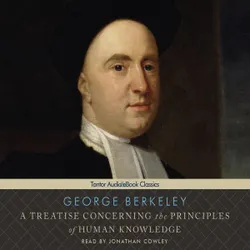
A Treatise Concerning the Principles of Human Knowledge
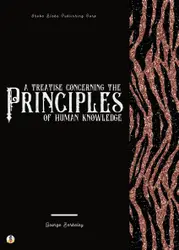
A Treatise Concerning the Principles of Human Knowledge

A Treatise Concerning the Principles of Human Knowledge

An Essay Towards a New Theory of Vision
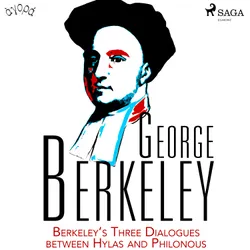
Berkeley’s Three Dialogues between Hylas and Philonous
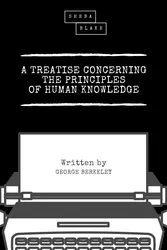
A Treatise Concerning the Principles of Human Knowledge
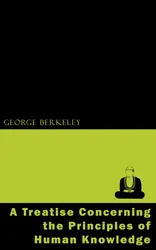
A Treatise Concerning the Principles of Human Knowledge

Delphi Complete Works of George Berkeley (Illustrated)
